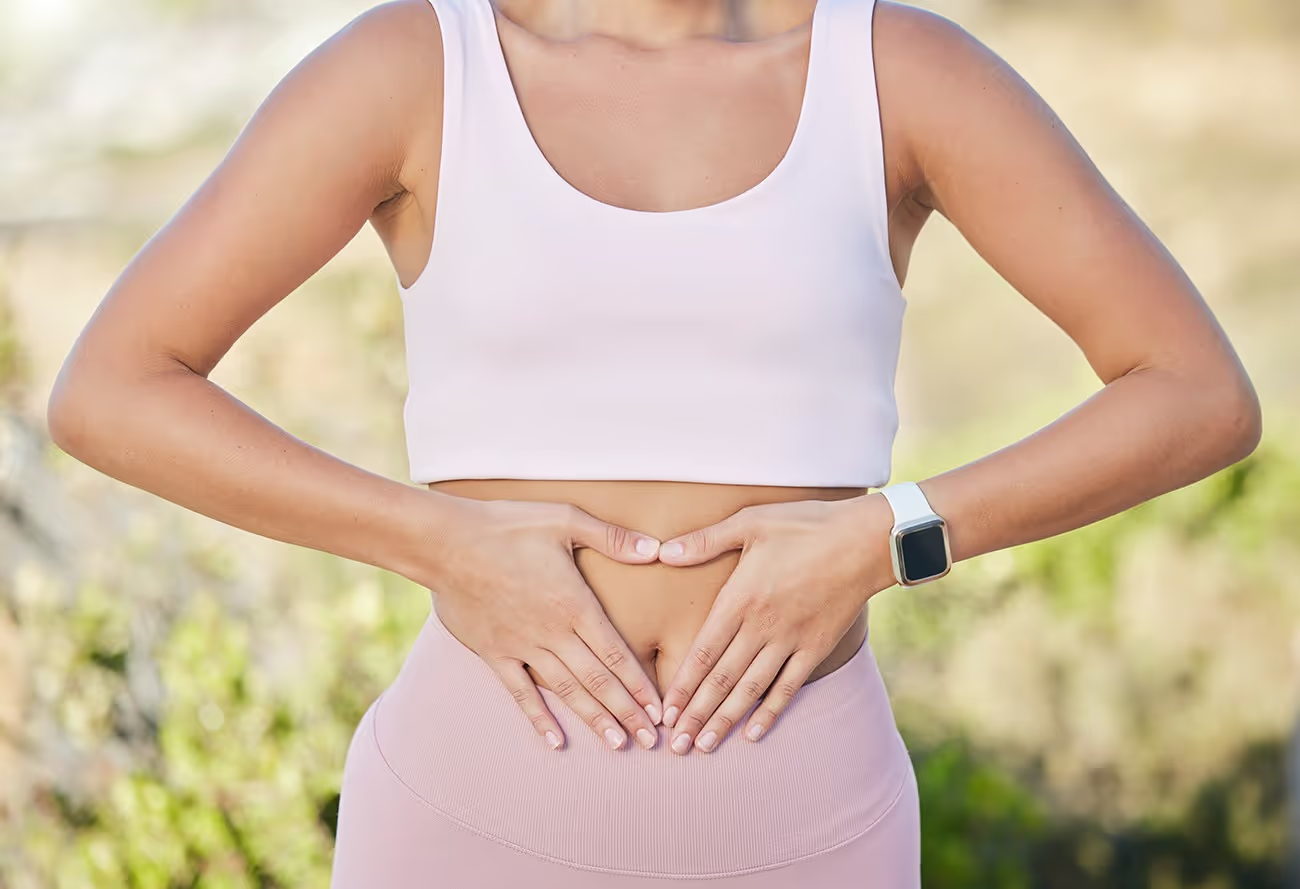How probiotics can restore natural balance of bacteria in your gut microbiome
- Your gut microbiome can affect your hormones, immune system and metabolism
- Probiotics can help restore the natural balance of bacteria in your gut
- Advice on choosing a probiotic
Your gastrointestinal tract is a network of organs that form part of your digestive system, helping to digest, absorb and process all the nutrients and water from what you eat and drink.
And within your gut are trillions of living organisms, collectively known as the gut microbiome. Teeming with bacteria, viruses and fungi, your gut microbiome can affect everything from your hormones to your metabolism and immunity, and what you eat can directly influence the delicate balance of these organisms.
One way that you can give your gut microbiome a helping hand is through probiotics. But what are they, how do they work and what role can they play at times of hormonal change, such as the perimenopause and menopause?
This guide sets out what you need to know.
What are probiotics?
Probiotics are live bacteria and yeasts usually added to yoghurts or taken as food supplements. They are often described as ‘good’ or ‘friendly’ bacteria and can help to restore the natural balance of bacteria in your gut [1].
RELATED: Can the Mediterranean diet help menopausal symptoms?
Taking probiotics can support your health and wellbeing in a number of ways:
- Digestive health: probiotics can help maintain a healthy gut flora, which improves digestive function, reduces bloating, and enhances nutrient absorption
- Immune support: the majority of immune cells reside in your gut, and a balanced microbiome is crucial for robust immune defence. Probiotics can help prevent immune decline and may reduce the risk of infections
- Mood and mental health: the gut and brain communicate via the gut-brain axis, influencing mood and mental wellbeing. Certain probiotic strains can help improve the production of neurotransmitters like serotonin, which can stabilise mood and help with anxiety or depression
- Hormonal balance: a healthy gut helps your body metabolise and eliminate excess estrogen, aiding in hormonal balance. This can help your body regulate estrogen and other hormones more effectively
- Bone health: emerging research suggests that probiotics may play a role in supporting bone density by aiding in the absorption of calcium and magnesium, which are both essential nutrients for bone health.
RELATED: Magnesium and hormone health
Why can probiotics be useful during perimenopause and menopause?
Research suggests that the diversity of the gut microbiome reduces around the time of menopause [2]. In addition, hormone changes during menopause can impact your mood and digestion and bone health, and probiotics could be beneficial in addition to a balanced diet, exercise and balancing your hormones.
RELATED: Omega-3,menopause and hormone health
How to choose a probiotic supplement
When selecting a probiotic supplement, it’s essential to consider the strains included, the potency, and the delivery method. Here are some of the top probiotic strains and other considerations for hormone health:
- Lactobacillus strains: strains like Lactobacillus acidophilus, Lactobacillusrhamnosus, and Lactobacillus reuteri are among the most researched for digestive health, immunity, and mood. They are beneficial for improving gut barrier function, which prevents bloating and helps reduce inflammation in your gut
- Bifidobacterium strains: Bifidobacteriumbifidum and Bifidobacterium lactis are particularly supportive for immune health and digestion. They can help alleviate constipation and improve your immune system’s resilience
- Saccharomyces boulardii: this yeast-based probiotic is excellent for balancing gut flora and may help relieve symptoms of diarrhoea or irritable bowel syndrome (IBS), both of which can be triggered by stress or dietary changes
- Multi-strain probiotics: any quality probiotics include a combination of Lactobacillus and Bifidobacterium strains to cover a broader range of benefits, supporting digestion, immunity, and mental clarity.
RELATED: All about vitamin D, menopause and hormone health
How should I take probiotics?
When choosing a probiotic, aim for a potency of 10-50 billion CFUs (colony-forming units) per dose, which can provide sufficient support without overwhelming your digestive system.
For best results, you should take your probiotics with or after a meal: this allows the probiotics to reach your gut with minimal interference from stomach acid, as the food from your meal buffers the extreme acidity of an empty stomach.
Regular use is important for maintaining a healthy gut microbiome, so you should consider daily supplementation for consistent support.
Some established brands include:
- Bionutri ecodophilus: for everyday use
- Bionutri immunodophilus: useful after antibiotics and supporting immunity
- Invivo Femme: for the urinary microbiome
- Invivo saccharomyces boulardi: useful after antibiotics and supporting immunity
- Udos choice super 8: a general high strength probiotic suitable for adults.
RELATED: B vitamins, menopause and hormone health
Dr Louise Newson is a GP and Menopause Specialist. Dr Jo Sewell is a GP and Menopause Specialist. Joanna Lyall is a registered Nutritional Therapist with a practice in women’s health and menopause. She is a co-founder and Head of Nutrition at The Better Menopause.
All information given in this article is designed for general usage, and does not replace a conversation with your own medical or health practitioner. Supplements should never replace a healthy, balanced diet.












.png)


